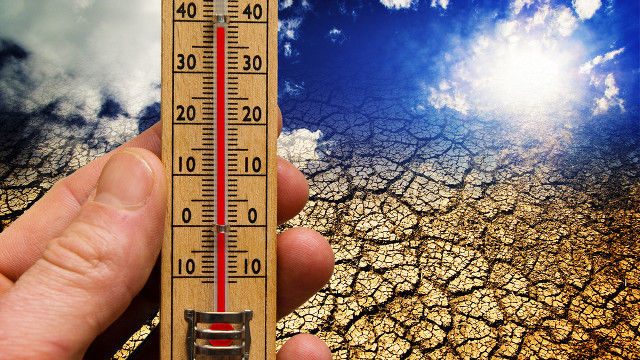SUMMARY
This is AI generated summarization, which may have errors. For context, always refer to the full article.

BRUSSELS, Belgium – Encouraging progress at climate change talks points to the likelihood of an overall accord being reached at the Paris conference in December, but the deal is unlikely to adequately fight global warming, a top IPCC official said Sunday, February 15.
UN talks in Geneva ended Friday with a framework pact that scientists said at least identified enough common ground to foster hopes for success in Paris.
It is the first-ever proposal with buy-in from all the world’s nations.
Jean-Pascal Van Ypersal, the Belgian deputy vice president of the Intergovernmental Panel on Climate Change, told Agence France-Presse: “I am optimistic. We will have an accord in Paris.”
But the goal of limiting the global temperature increase to just two degrees Celsius remains elusive, and Van Ypersal said it appeared the world is not ready to do what is needed to deliver that essential target.
“A deal in Paris will at least allow us to continue the work, but I fear time is passing and we have to make decisions by consensus,” he said.
“I do not think today that we have the consensus to aim higher.”
The Geneva talks produced an 86-page text that listed a variety of alternative approaches on most issues, reflecting conflicting national priorities.
The UN Framework Convention on Climate Change (UNFCCC) grouping 195 nations will now take the text through to Paris, hoping to do better after the 2009 Copenhagen conference failed to produce a global accord.
At a minimum, the pact must be in effect by 2020 to hit the UN goal of limiting global warming to two degrees Celsius (3.6 degrees Fahrenheit) over pre-Industrial Revolution levels.
Scientists warn that current greenhouse gas emission trends put planet Earth on track for double that or more, with the risk of catastrophic drought, storms and floods as well as rising sea levels.
Much depends on the major greenhouse gas emitters such as the United States and China but the developing economies feel their developed world peers should bear most of the burden since they have so far enjoyed a free ride.
The next step is for national governments to submit their plans for greenhouse gas reductions by the end of March.
“Since there is no mechanism forcing states to do more, I think we will just have to be satisfied with what they offer,” Van Ypersal said.
“The United States has certain legislative problems – their Paris negotiators will accept only what they know they can win approval for (at home), which is very honest,” he said.
The problem is that “the promises currently on the table are not enough to hit the two degrees Celsius target by 2020. We have to do more.”
“We have to hope that the public will put pressure on governments,” he added. – Rappler.com
Climate change image via Shutterstock
Add a comment
How does this make you feel?
There are no comments yet. Add your comment to start the conversation.